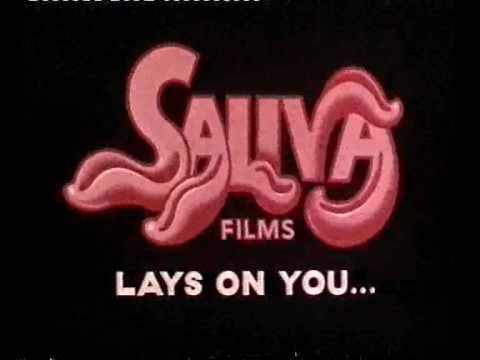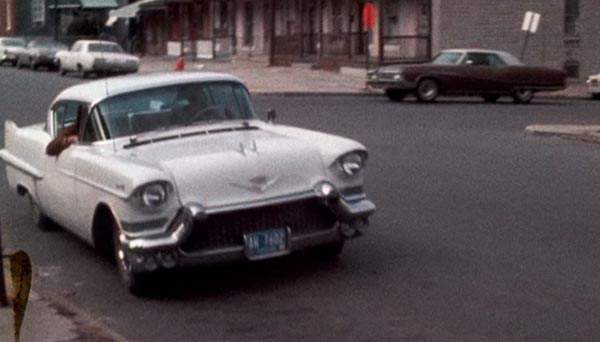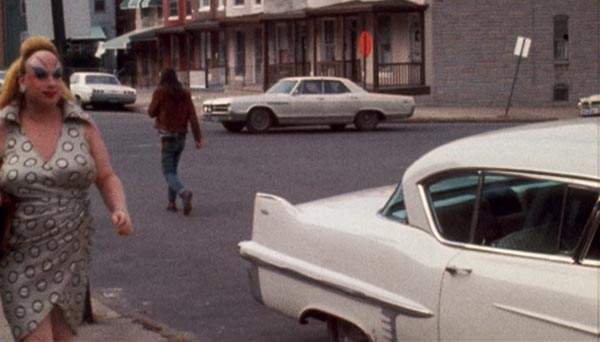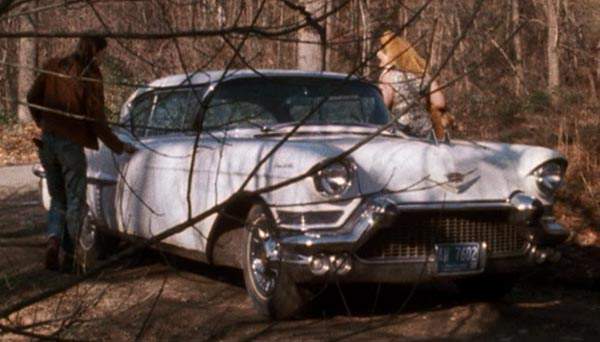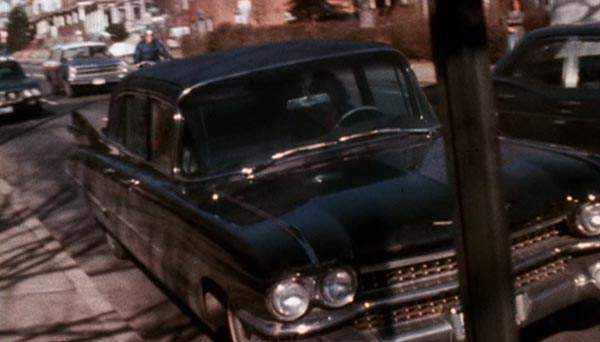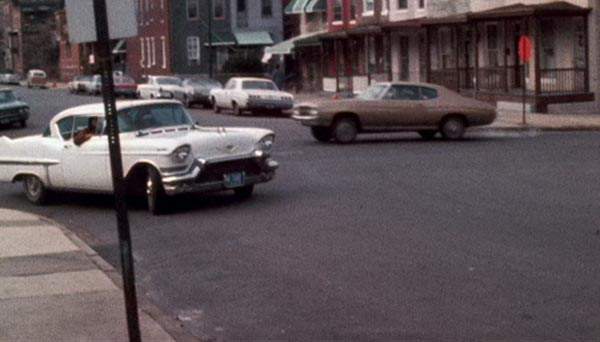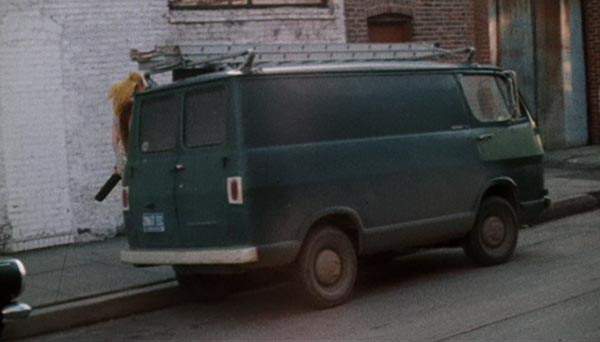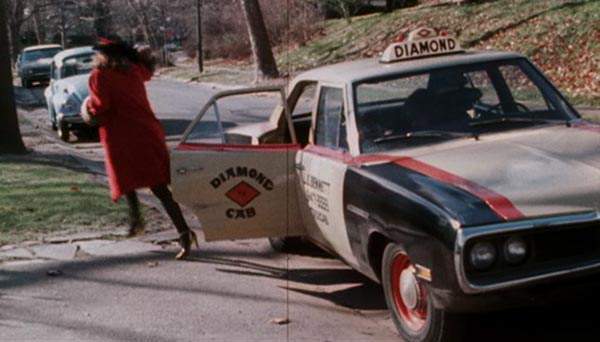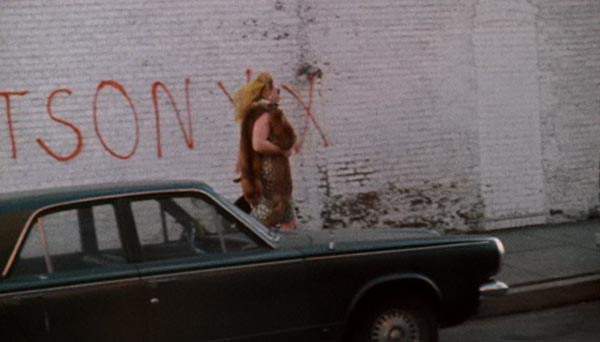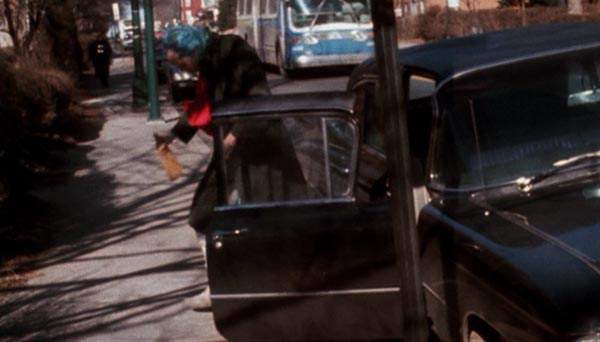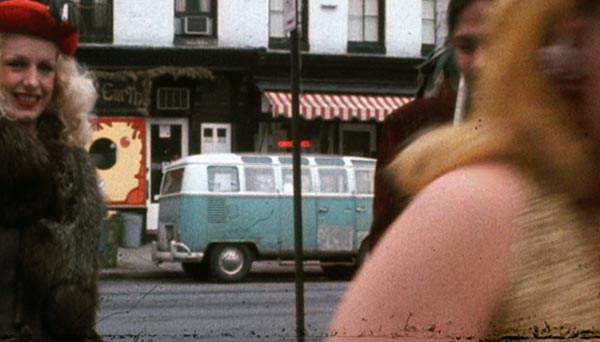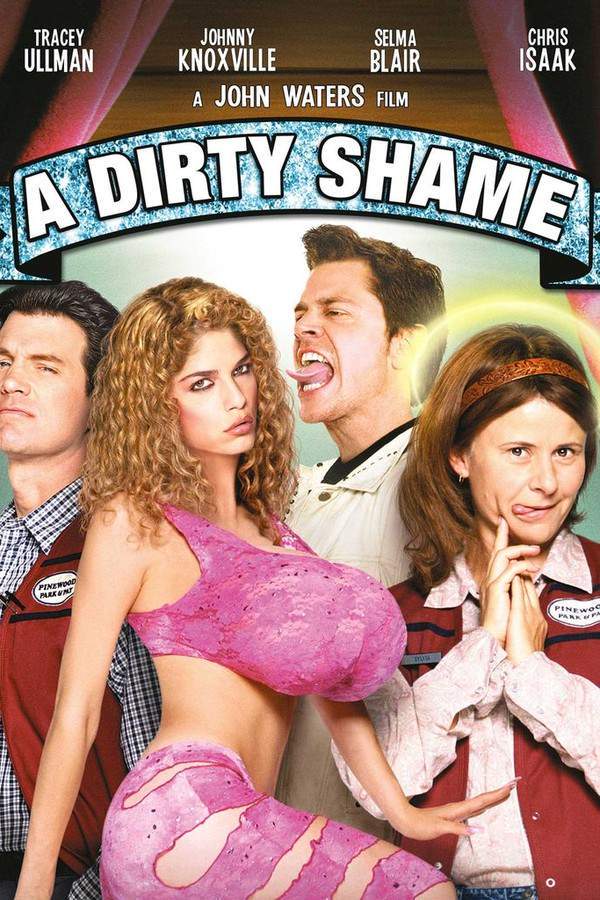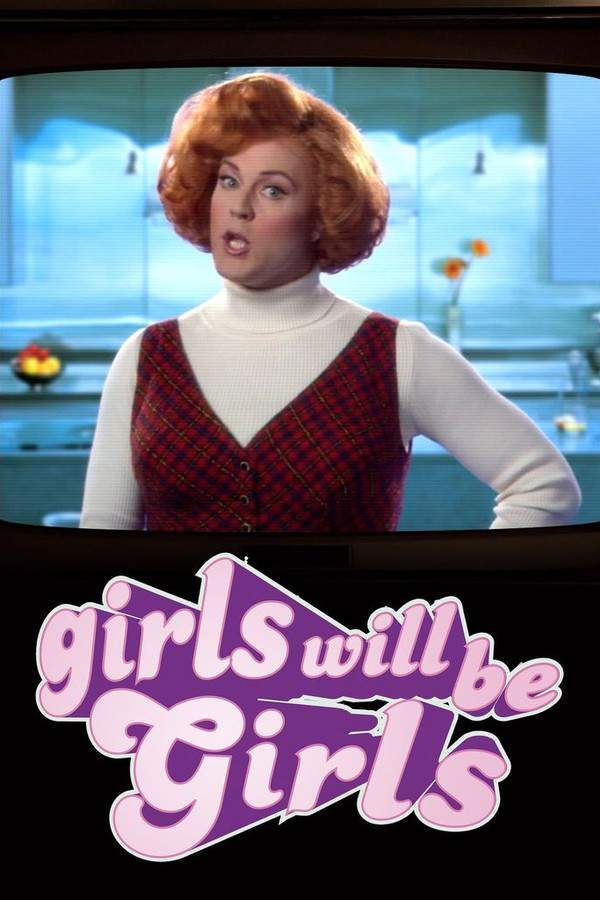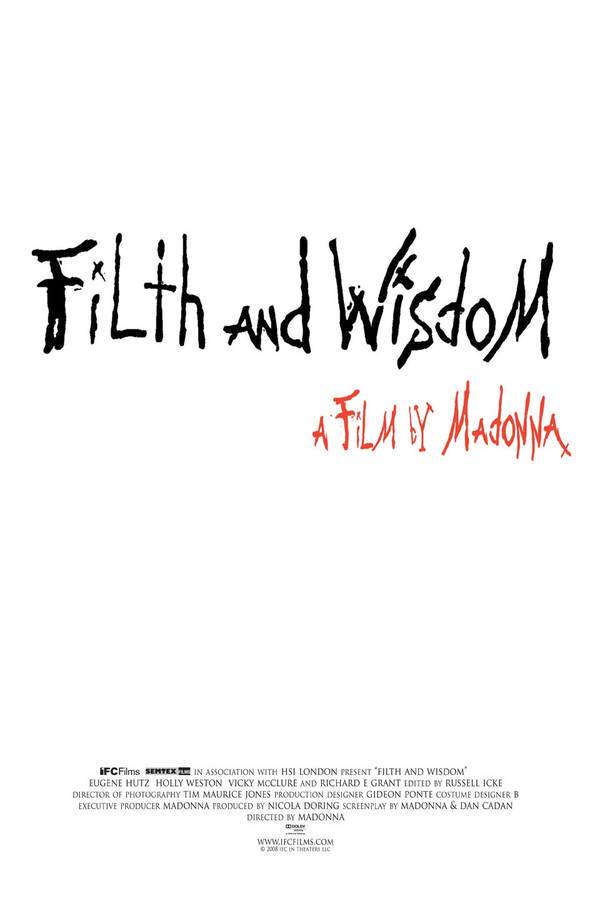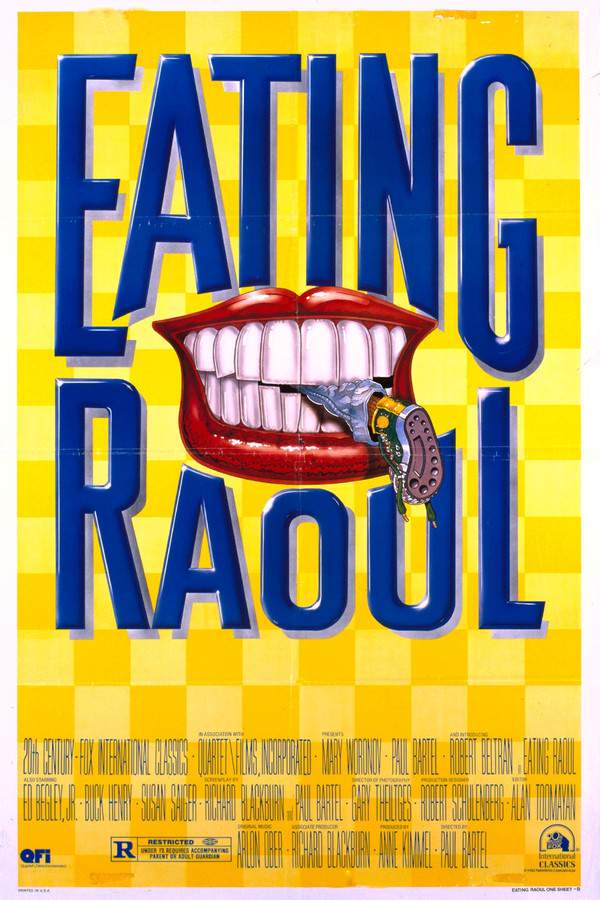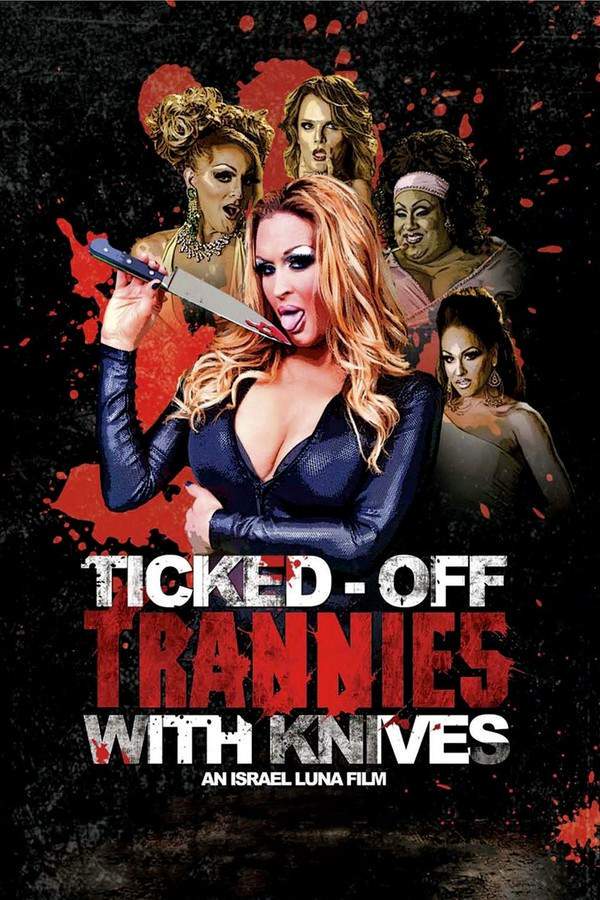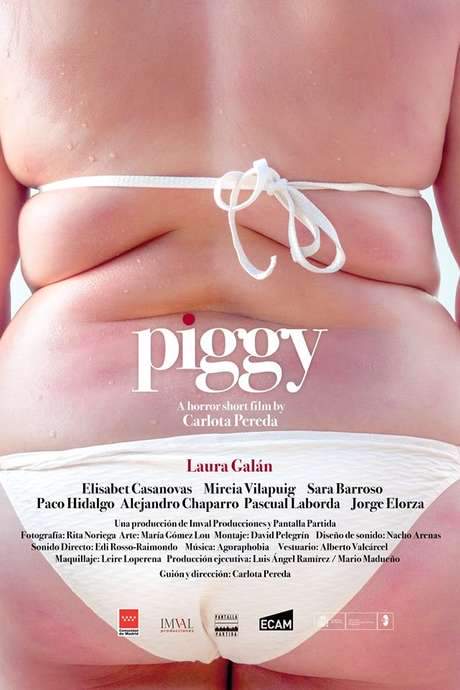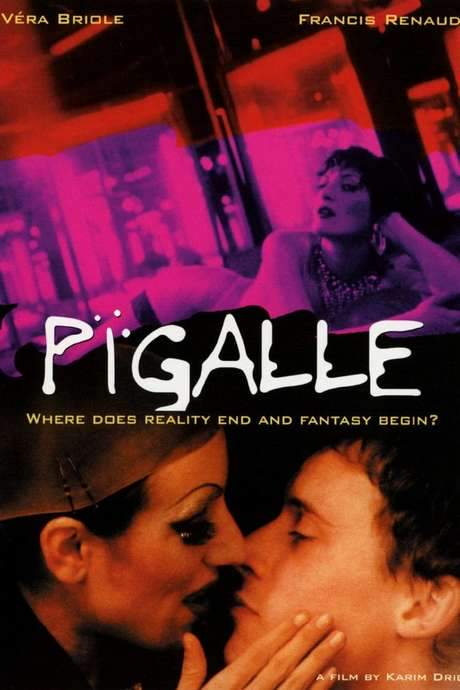Pink Flamingos 1972
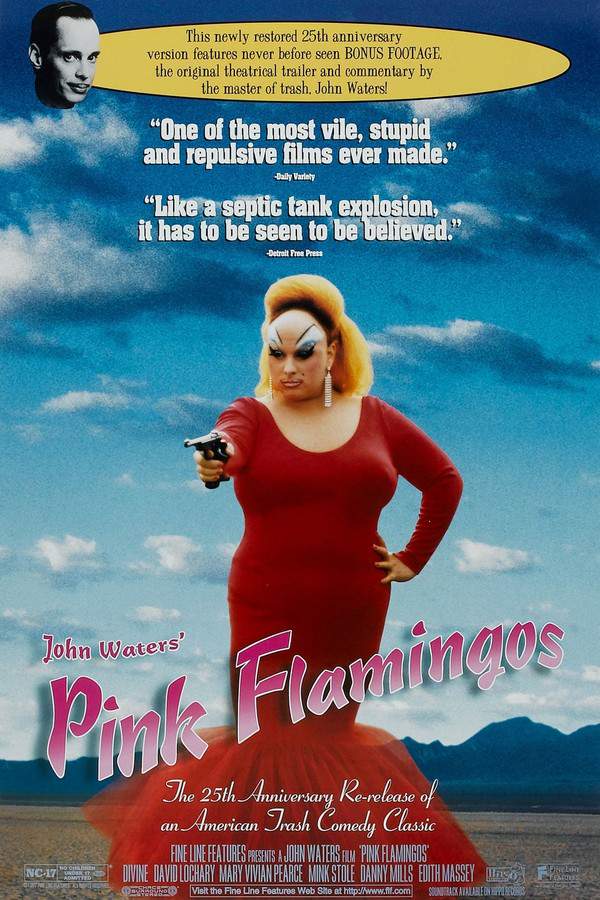
A notorious Baltimore criminal, Divine, finds herself in a bitter rivalry with a sleazy married couple. They are determined to humiliate her and steal her unwanted title as "The Filthiest Person Alive," leading to a series of outrageous and shocking events as each party attempts to outdo the other in depravity and scandal.
Does Pink Flamingos have end credit scenes?
No!
Pink Flamingos does not have end credit scenes. You can leave when the credits roll.
Meet the Full Cast and Actors of Pink Flamingos
Explore the complete cast of Pink Flamingos, including both lead and supporting actors. Learn who plays each character, discover their past roles and achievements, and find out what makes this ensemble cast stand out in the world of film and television.
External Links and Streaming Options
Discover where to watch Pink Flamingos online, including streaming platforms, rental options, and official sources. Compare reviews, ratings, and in-depth movie information across sites like IMDb, TMDb, Wikipedia or Rotten Tomatoes.
Ratings and Reviews for Pink Flamingos
See how Pink Flamingos is rated across major platforms like IMDb, Metacritic, and TMDb. Compare audience scores and critic reviews to understand where Pink Flamingos stands among top-rated movies in its genre.

47
Metascore
4.3
User Score


%
TOMATOMETER

0%
User Score

6.0 /10
IMDb Rating

62
%
User Score
Take the Ultimate Pink Flamingos Movie Quiz
Challenge your knowledge of Pink Flamingos with this fun and interactive movie quiz. Test yourself on key plot points, iconic characters, hidden details, and memorable moments to see how well you really know the film.
Pink Flamingos Quiz: Test your knowledge on the outrageous world of 'Pink Flamingos' and its eccentric characters.
Who is referred to as 'The Filthiest Person Alive'?
Divine
Connie
Raymond Marble
Edie
Show hint
Full Plot Summary and Ending Explained for Pink Flamingos
Read the complete plot summary of Pink Flamingos, including all major events, twists, and the full ending explained in detail. Explore key characters, themes, hidden meanings, and everything you need to understand the story from beginning to end.
The film kicks off with a striking view of a pink trailer nestled amidst a rural wooded area. A voiceover from the character Mr. J (John Waters) reveals the curious situation of Divine (Divine), who has garnered notorious fame through her criminal escapades. Dubbed the “Filthiest Person Alive” by tabloids, Divine adopts the disguise of Babs Johnson and seeks refuge in this secluded trailer near Baltimore. Here, she shares her space with her son Crackers (Danny Mills) and a woman named Cotton (Mary Vivian Pearce), characterized as Divine’s traveling companion. Additionally, lurking in the trailer is Edie (Edith Massey), Divine’s senile and rotund mother, who has her peculiar obsession with eggs.
As the trailer’s life unfolds, Edie awakens and calls for Babs while wearing only her undergarments in the living room playpen. Edie’s incessant demands for eggs prompt Babs to reassure her that they have plenty for her to cook. This chaotic household dynamic sets the stage for a bizarre yet compelling narrative.
Mr. J elaborates on the Marbles—Connie (Mink Stole) and Raymond Marble (David Lochary)—whom he labels as “two jealous perverts,” consumed with envy over Divine’s publicity. As Connie conducts a peculiar job interview in her home, her disdainful demeanor is revealed when she dismisses a potential employee based on her ignorance about Divine.
The plot oscillates between Divine’s unconventional family life and the Marbles’ schemes as they plot to delve into Divine’s existence. Embarking on errands, Divine and Crackers take to the streets in their Coup De Ville, where they relish a moment of mischief by running a jogger off the road and teasing a soldier. Their antics highlight the film’s dark humor.
Connie’s sinister plans unfold as she meets with a lesbian couple looking to adopt a baby, revealing a disturbing truth: she’s involved in a baby ring, supervising young women—one of whom is alive and condemned to rage after undergoing an unspeakable ordeal. The struggles of the women in captivity contrast sharply with the chaotic yet deceptive normalcy Divine’s family attempts to maintain.
The narrative escalates with Divine shoplifting a steak, embracing the absurdity of her existence as she boldly walks through various neighborhoods, inadvertently turning heads and causing screams of horror and laughter alike with her antics. Amidst the absurdity, we meet Raymond, with his shocking blue hair, who finds pleasure in indecency by leaping from the shadows to unveil his grotesque prank, only to snatch the purses of frightened victims.
As Cookie (Cookie Mueller) becomes entrenched within the Marbles’ machinations, the plotting intensifies, brewing a dark concoction of revenge and scandalous behavior. Amidst raucous parties filled with egregious acts, it becomes evident that the competition between Divine and the Marbles for the title of filthiness is only getting murkier.
Divine’s birthday arrives with an extravagant celebration, a wretched affair met with joy and depravity, culminating in a shocking turn of events as she receives a grotesque gift that shatters her facade. Following this, the film dives deeper into chaos with kidnappings, secret pregnancies, and unhinged violence leading us to a mock trial and a swift execution, a theatrical conclusion wrapped in darkness.
As Divine exacts her revenge, the chaotic, outlandish storyline stretches to its climax, revealing deeper themes of identity, fame, and survival in a world laced with filled moral decay. The film closes with Divine contemplating her next move, leaving viewers baffled yet intrigued at the absurdity they just witnessed, concluding with a bizarre, symbolic act that cements Divine’s character in the realm of cinematic insanity.
Uncover the Details: Timeline, Characters, Themes, and Beyond!

Coming soon on iOS and Android
The Plot Explained Mobile App
From blockbusters to hidden gems — dive into movie stories anytime, anywhere. Save your favorites, discover plots faster, and never miss a twist again.
Sign up to be the first to know when we launch. Your email stays private — always.
Watch Trailers, Clips & Behind-the-Scenes for Pink Flamingos
Watch official trailers, exclusive clips, cast interviews, and behind-the-scenes footage from Pink Flamingos. Dive deeper into the making of the film, its standout moments, and key production insights.
Cars Featured in Pink Flamingos
Explore all cars featured in Pink Flamingos, including their makes, models, scenes they appear in, and their significance to the plot. A must-read for car enthusiasts and movie buffs alike.
Pink Flamingos Themes and Keywords
Discover the central themes, ideas, and keywords that define the movie’s story, tone, and message. Analyze the film’s deeper meanings, genre influences, and recurring concepts.
Pink Flamingos Other Names and Titles
Explore the various alternative titles, translations, and other names used for Pink Flamingos across different regions and languages. Understand how the film is marketed and recognized worldwide.
Similar Movies To Pink Flamingos You Should Know About
Browse a curated list of movies similar in genre, tone, characters, or story structure. Discover new titles like the one you're watching, perfect for fans of related plots, vibes, or cinematic styles.
Quick Links: Summary, Cast, Ratings, More

What's After the Movie?
Not sure whether to stay after the credits? Find out!
Explore Our Movie Platform
New Movie Releases (2025)
Famous Movie Actors
Top Film Production Studios
Movie Plot Summaries & Endings
Major Movie Awards & Winners
Best Concert Films & Music Documentaries
Movie Collections and Curated Lists
© 2025 What's After the Movie. All rights reserved.


